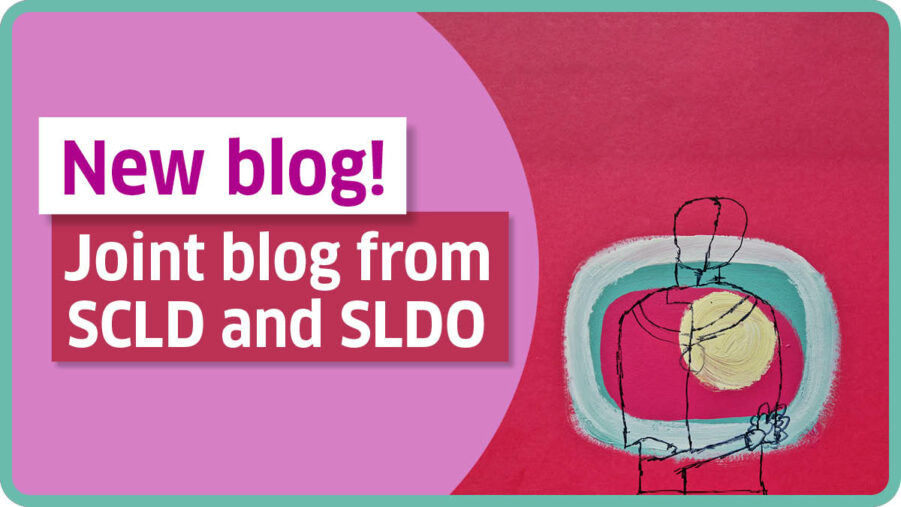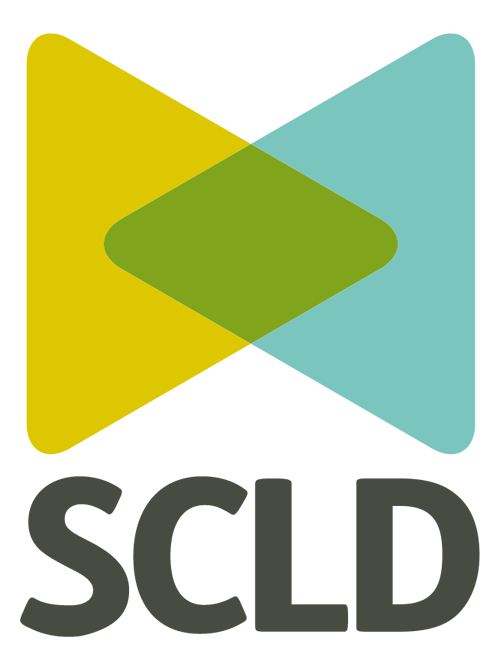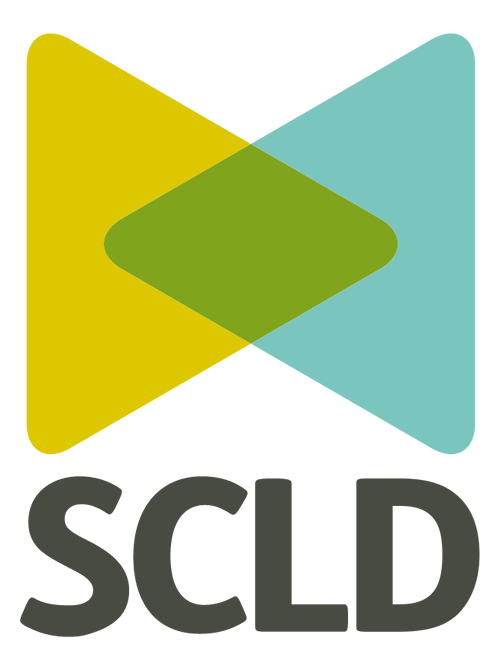
Calling out abuse: Why education is key in tackling abuse and violence committed against women and girls with learning disabilities
SCLD is delighted to welcome new, evidence-based guidance on the delivery of relationships, sexual health and parenthood (RSHP) education in Additional Support Needs schools.
We have written the following article jointly with colleagues and researchers from the Scottish Learning Disabilities Observatory (SLDO) at the University of Glasgow and Queen’s University Belfast, who have been working to develop the new guidance.
Background
Earlier this year, research by SCLD and People First (Scotland) uncovered the extent of gender-based violence and abuse facing women with learning disabilities in Scotland today. The severe, frequent and repeated abuse they experienced as children and in adulthood, was committed by a range of perpetrators, both in-person and online.
In all of our interviews, women with learning disabilities reported a lack of RSHP education in Additional Support Needs (ASN) schools, which significantly increased their risk of harm through them being unable to identify when they were the victims of incidents of gender-based violence and abuse.
We heard from a wide range of women and girls, but what stood out was a general lack of awareness of what constituted abuse and gender-based violence, and thus a reduced ability to report either when they occurred: “I just didnae [didn’t] know if it was normal, or if it wasn’t” said one woman; “If I knew what it was… I would have reported it straight away” another woman told us. You can read more in SCLD’s report: Unequal, Unheard, Unjust: But not hidden anymore.
Indeed, many women and girls with learning disabilities, and people with learning disabilities as a whole, are not receiving adequate levels of Relationships and Sex Education (RSE), leaving them more vulnerable to abuse.
More must be done to improve RSE education for all people with learning disabilities, but especially for women and girls with learning disabilities, so that they can recognise and report such abuse when it occurs.
Developing the Guidance
As part of the UN 16 Days of Activism Against Gender Based Violence, we spoke with researchers from the SLDO at the University of Glasgow and Queen’s University Belfast, who have developed new guidance around best practice for Relationships and Sex Education (RSE) for young people with learning disabilities.
Evidence of unsafe sexual practice, including a high prevalence of sexually transmitted infections (STIs) and unplanned pregnancy among sexually active young people with learning disabilities, plus the links to high risk of sexual abuse or exploitation, led the research group to review what is currently in place for young people with learning disabilities across the UK.
Lead researcher on the RESIDE (Relationships and Sex in Intellectual Disability Education) project, Professor Michael Brown, told us that: “Children and young people with learning disabilities experience specific and distinct barriers regarding developing and sustaining relationships and in the expression of their sexuality. While some RSE programmes do exist, it is unclear what content is currently being delivered in ASN schools, and if and how the success of these programmes can be evaluated. Our study has identified a clear need for evidenced-informed RSE programmes that specifically address relationships and sexual needs and concerns of young adults with learning disabilities.”
The team spoke with young people with learning disabilities, educators, health workers, parents and families across 8 schools for pupils with additional support needs in England, Northern Ireland, Scotland and Wales. In-depth qualitative and focus group interviews were undertaken with 37 children and young people with intellectual disabilities, aged between 12 and 19 years; 11 parents of children and young people with intellectual disabilities; and 16 healthcare, education and other professionals. These interviews explored views and experiences of relationships, sexuality and consent; experiences of RSE programmes; identifying topics for inclusion in an RSE programme; and examples of good practice and methods of delivery.
The study found that children and young people with learning disabilities already possess some knowledge and understanding, but they want more education and information regarding friendships, relationships and the expression of their sexuality. Parents recognise the need for their children to have access to education that is tailored and specific to their needs, however they were concerned about safety both in-person and online.
Clear, accessible, evidence -informed sources of information are vital in empowering young people to feel informed and confident in their knowledge of all aspects of sex and relationships. In particular, building understanding about boundaries and respect for oneself and others is a fundamental part of reducing harmful behaviours that might lead to someone being at risk of being a victim of, or of perpetrating, gender-based violence.
Find out more
Download the guidance and Easy Read information.
Following the RESIDE study, the group have now been funded to co-develop an RSE programme for young people with a learning disability across the UK based on the findings and recommendations. You can find out more about this work at the RESIDE webpage., including the full report, a summary report and an Easy Read summary.
Read the SCLD Expert Group and Gender-based Violence and Learning Disability Steering Group’s response to the Scottish Government’s consultation on the Delivery of Relationships, Sexual Health and Parenthood (RSHP) Education in Scottish Schools.


